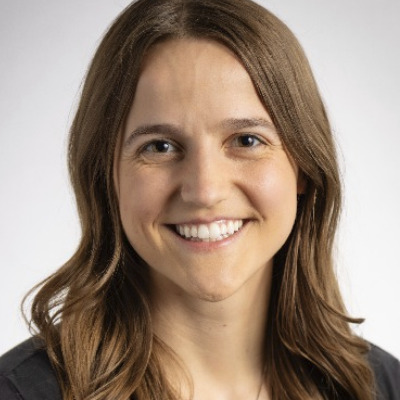Poster Presentation
Bridging Health Gaps: Culturally Tailored Diabetes Education for the Karen Community
-
CDT
Room: Grand Central Foyer
Track:
- Innovative Approaches to Interprofessional Pedagogy and Education Science
Karen-speaking patients were found to have higher rates of uncontrolled diabetes (A1C>9) compared to their English and Spanish-speaking counterparts. Based on prior studies, this was believed to be secondary to increased systemic barriers including limited access to appropriate healthcare resources. Some of these difficulties may stem from a lack of culturally and linguistically adapted health educational materials in Karen.Goals, objectives, and purpose: This project focused on developing linguistically and culturally adapted diabetes self-management materials and the evaluation of those materials.Methods/Methodology: Based on feedback from prior studies, the decision was made to focus on audiovisual material to help overcome high illiteracy rates. An interprofessional team, including physicians, interpreters, representatives from the Douglas County Health Department, and members of the Karen community, collaborated to develop culturally tailored scripts in the Karen language to support diabetes self-management. Topics included: What is Diabetes, Insulin, Hypoglycemia, Diabetes Complications, and A1C. To further enhance comprehension, visually engaging graphics were incorporated, making the materials more culturally relevant and easier to understand. 4 interviews with Karen-speaking patients were conducted to assess the effectiveness of the scripts and graphics prior to final video recording.Results/Findings: All interviews with Karen-speaking patients indicated a better understanding and increased confidence in managing their diabetes after viewing the presentations. Participant feedback emphasized using more concise explanations, clearly contrasting pre-diabetes and diabetes, avoiding borrowed English words, and simplifying medical terminology to improve clarity and accessibility.Conclusions, implications, and/or curiosities: The development of culturally tailored educational materials in Karen aims to reduce diabetes-related health disparities by improving patient understanding and engagement. Ongoing studies will implement these videos across all patients at a local federally qualified health center with the efficacy assessed through changes in HbA1c levels, usage data, and feedback from both patients and healthcare providers. Furthermore, videos will be made universally available to be used by other clinics and health outreach organizations.
References
- Baig AA, Locklin CA, Foley E, Ewigman B, Meltzer DO, Huang ES. The association of English ability and glycemic control among Latinos with diabetes. Ethn Dis. 2014 Winter;24(1):28-34. PMID: 24620445; PMCID: PMC3965672.
- Longoria C, Geske J, Menning M. Barriers to diabetes control encountered by Q’anjob’al- and Karen-speaking patients. Presented at: 2024 Society of Teachers of Family Medicine; May 7, 2024; Pasadena, CA.
- Padda J, Khalid K, Zubair U, Al Hennawi H, Khedr A, Patel V, Cooper AC, Jean-Charles G. Significance of Educational Literature and Diabetes Log Sheet on Hemoglobin A1c. Cureus. 2022 Jan 27;14(1):e21667. doi: 10.7759/cureus.21667. PMID: 35233335; PMCID: PMC8882019.





